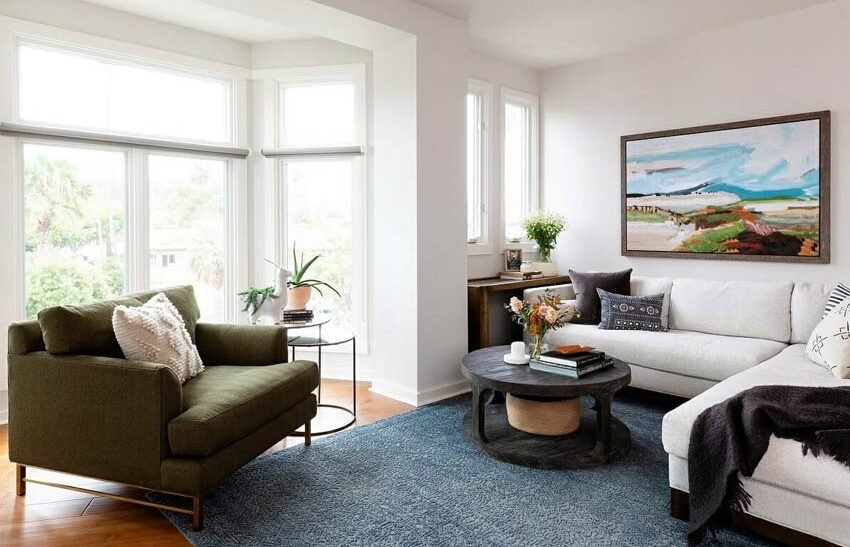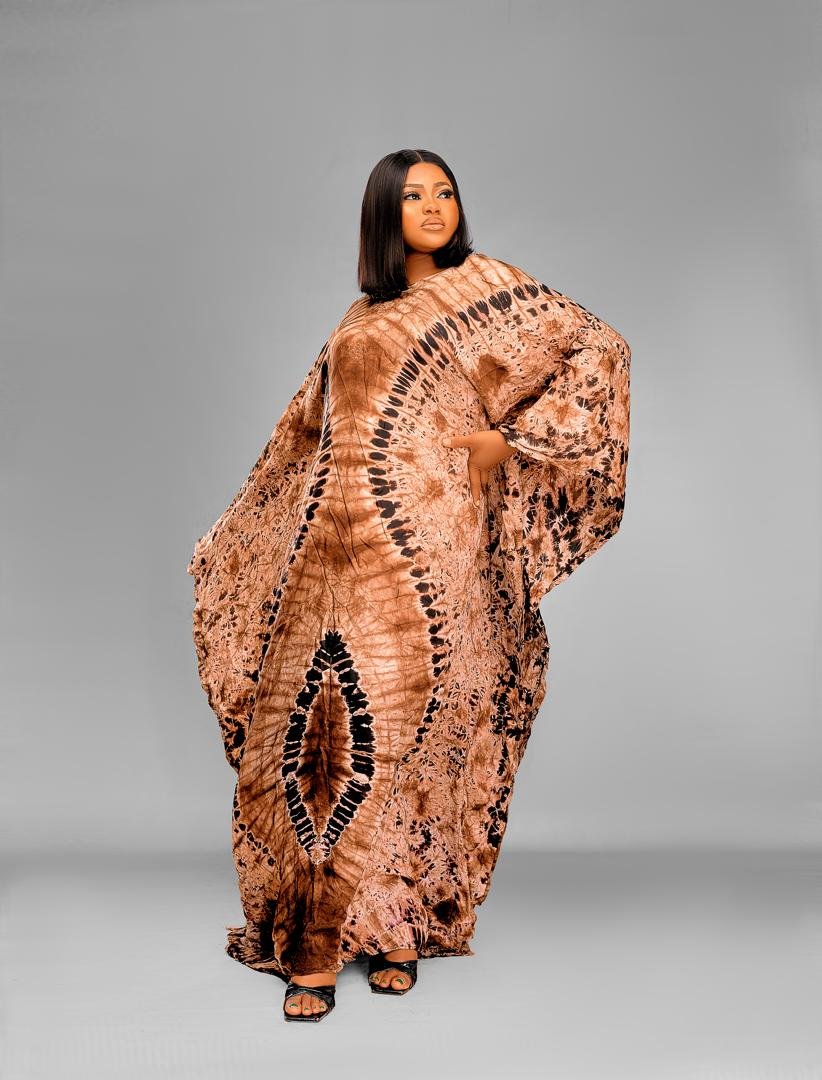By Ariwodo Chidinma Favour
In recent years, sustainable fashion has emerged as a powerful movement aimed at reducing the environmental and social impacts of the clothing industry.
As Nigerians become more conscious of the need to protect the environment and embrace ethical practices, sustainable fashion is gaining traction.
Building an eco-friendly wardrobe may seem daunting, but with intentional choices, Nigerians can create stylish, long-lasting wardrobes that are kind to the planet.
- Understanding Sustainable Fashion
Sustainable fashion focuses on reducing waste, conserving natural resources, and promoting ethical labor practices. It encourages consumers to rethink their buying habits, favoring quality over quantity, supporting local artisans, and choosing eco-friendly materials. With the global fashion industry being one of the largest polluters, making sustainable choices helps combat the negative effects of fast fashion, such as excessive water use, harmful chemicals, and unethical labor practices.
- Choose Quality Over Quantity
One of the most effective ways to build a sustainable wardrobe is by opting for high-quality, durable clothing that lasts longer. While fast fashion offers cheap and trendy items, these garments often wear out quickly, leading to waste. Instead, invest in timeless, well-made pieces that can be worn repeatedly. By prioritizing quality over quantity, Nigerians can reduce the need to constantly replace clothes, cutting down on waste and saving money in the long run.
- Support Nigerian Designers and Local Artisans
Nigeria has a rich tradition of craftsmanship and textile production, with many local designers embracing sustainability in their work. Supporting homegrown talent not only boosts the local economy but also helps reduce the carbon footprint associated with importing goods. Nigerian designers such as Nkwo, Lagos Space Programme, and Orange Culture are leading the way in creating eco-friendly collections, using upcycled materials, natural dyes, and artisanal techniques. Purchasing from local brands also ensures that the clothes you wear are made ethically and with consideration for the environment.
- Opt for Second-Hand and Thrift Shopping
Thrift shopping is a practical and eco-friendly way to build a sustainable wardrobe. In cities like Lagos, Ibadan, and Abuja, second-hand markets such as Yaba Market and Garki Market offer a wide variety of pre-loved clothing at affordable prices. Buying second-hand reduces the demand for new production, saving resources and minimizing waste. Thrift shopping also allows for unique, one-of-a-kind finds, adding character and individuality to your wardrobe.
- Upcycle and Repurpose Old Clothing
Rather than discarding old or damaged clothing, consider upcycling them into something new. Simple DIY techniques can turn old garments into trendy, customized pieces. Repurposing clothes not only reduces waste but also sparks creativity and personal expression. Whether it’s turning an old dress into a skirt or embellishing a plain T-shirt, upcycling helps extend the life of your clothing and reduces your environmental impact.
- Choose Eco-Friendly Fabrics
When buying new clothes, opt for eco-friendly fabrics that have a lower environmental impact. Materials such as organic cotton, hemp, linen, and bamboo require fewer chemicals and less water during production. Additionally, natural fabrics are biodegradable, unlike synthetic fabrics like polyester, which contribute to microplastic pollution. Nigerian textiles like adire and aso-oke are excellent examples of sustainable, handmade fabrics that celebrate local heritage while being eco-friendly.
- Practice Minimalism
Adopting a minimalist mindset can significantly contribute to building a sustainable wardrobe. A capsule wardrobe—comprised of a few essential, versatile pieces—reduces the need for excessive clothing. By curating a selection of outfits that can be mixed and matched, you can maintain a stylish appearance without constantly buying new items. Minimalism encourages mindfulness in your fashion choices, allowing you to focus on quality, longevity, and sustainability.
READ ALSO: Ihesiulo Grace Amarachi – CEO of AdaEventsNews Nigeria
Conclusion
Building an eco-friendly wardrobe in Nigeria is both achievable and rewarding. By embracing quality over quantity, supporting local artisans, choosing second-hand clothing, and being mindful of fabric choices, Nigerians can make a positive impact on the environment while staying stylish. Sustainable fashion is not just a trend—it’s a movement that ensures a healthier planet for future generations, one wardrobe choice at a time.










